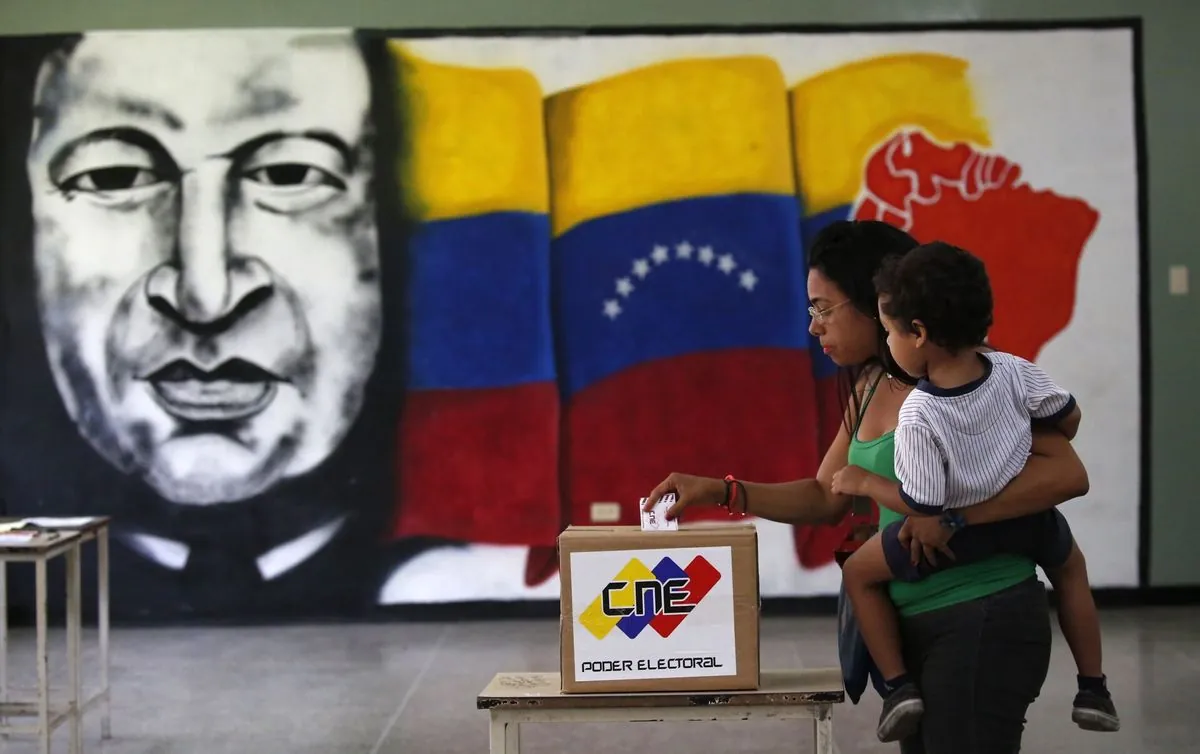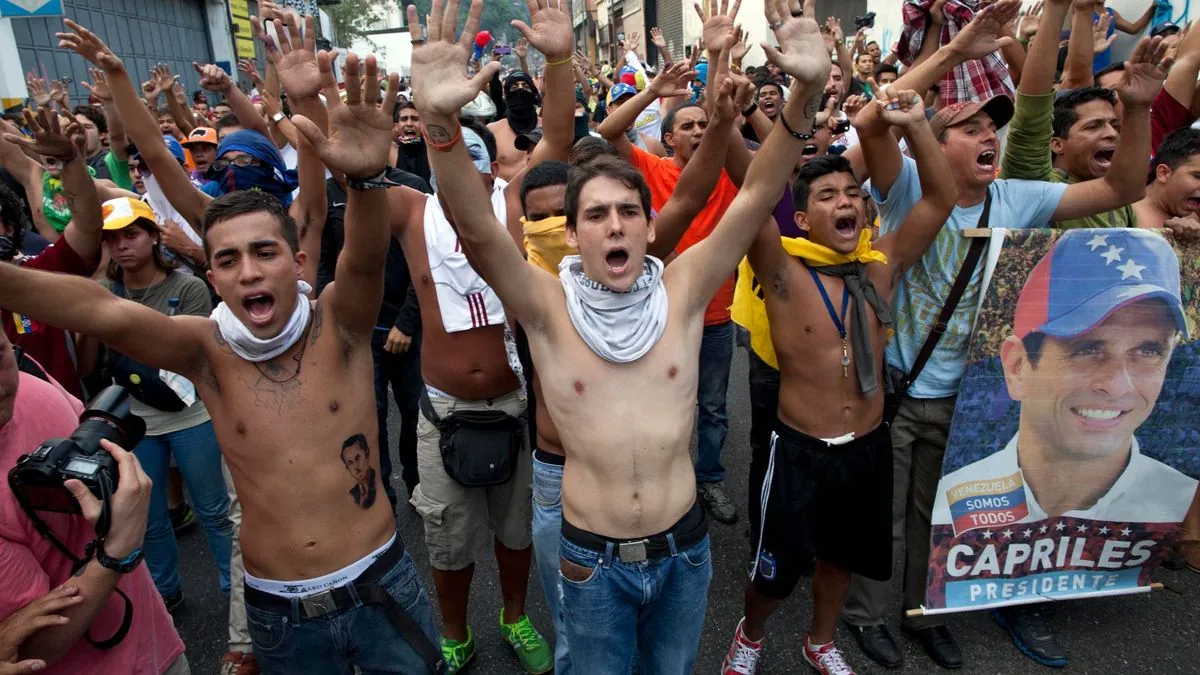Venezuela's Contested Election: Maduro Claims Victory Amid Controversy
Venezuela's recent election sees Maduro declared winner, sparking opposition claims of fraud and international concern. The contentious results threaten political stability and global relations.

Venezuela's recent presidential election, held on July 28, 2024, has resulted in a controversial outcome, with Nicolás Maduro declared the winner by the National Electoral Council. This announcement has sparked immediate controversy and raised concerns about the integrity of the electoral process in the oil-rich South American nation.
According to the official results, Maduro secured 51% of the vote, while his opponent, Edmundo González, received 44%. However, these figures stand in stark contrast to pre-election polls that showed González leading by a significant margin. The opposition, led by María Corina Machado, has vehemently contested the results, claiming that their own tally of 40% of the votes shows González winning with 70% support.
The election's credibility has been further undermined by several suspicious circumstances. The National Electoral Council took over six hours to release the results, citing a "terrorist" attack on their transmission systems. They also declared the outcome "irreversible" despite 20% of votes remaining uncounted and a mere seven-point difference between candidates.
International reaction to the election has been largely skeptical. Gabriel Boric, Chile's President, stated that the results were "difficult to believe," while the United States and European Union expressed similar concerns. Notably, Venezuela's regional neighbors, including Brazil and Colombia, have remained cautious in their responses, potentially indicating ongoing diplomatic efforts behind the scenes.

The contested election results threaten to exacerbate political instability in Venezuela, a country already grappling with severe economic challenges. Venezuela has been experiencing hyperinflation since 2016, leading to a massive exodus of over 7 million citizens. The country, which possesses the world's largest proven oil reserves, has been under various U.S. sanctions since 2015, further complicating its economic situation.
Maduro's regime, part of the socialist Chavismo movement that has governed Venezuela for over 25 years, now faces increased scrutiny and potential consequences. The international community may consider imposing renewed sanctions, both on individuals and at the government level. This could further isolate Venezuela and potentially disrupt the fragile economic stability that Maduro has attempted to maintain.
The role of Venezuela's armed forces in the unfolding situation remains crucial. Machado has appealed to the military to uphold the popular vote, highlighting the potential for further civil unrest if the opposition's claims are not addressed.
"Based on the 40% of the tabulated ballots we had managed to secure, Gonzalez was winning 70% of the vote."
It's important to note that the election was marred by controversy even before the voting began. The regime took extensive measures to tilt the balance in its favor, including banning candidates, limiting diaspora voting, and restricting international observers. These actions have further undermined the credibility of the electoral process.
As Venezuela navigates this political crisis, the international community faces a critical challenge in supporting democratic processes in the country. The courage displayed by millions of Venezuelans who participated in the election, despite obstacles, serves as a powerful reminder of the importance of defending the integrity of the ballot box in the face of authoritarian tendencies.


































